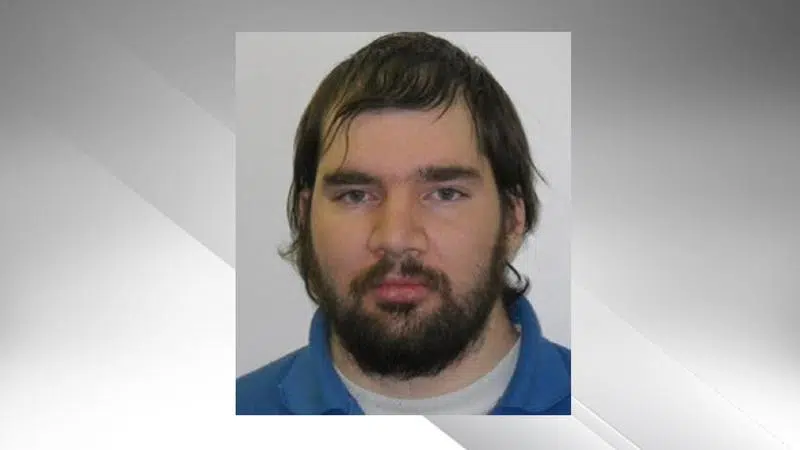
Chronic sex offender played video games, refused to complete prison programs
ILETHBRIDGE, AB – A Court of Queen’s Bench Justice presiding over a Dangerous Offender Hearing for 35-year-old chronic sex offender Trevor Pritchard, heard that he was distracted by video games, refused medication prescribed to him and was suspended from the High Intensity Sex Offender Program (HISOP) at Bowden Institution.
Former Institutional Parole Officer Matt Kennedy testified Tuesday, Feb. 4, he was Pritchard’s PO for about six weeks near the end of 2010 and in early 2011.
He described to Madame Justice Johnna Kubik his observations and interactions, the contents of his reports and concerns from other departments, personnel and prisoners.
According to Kennedy, Pritchard was offered individualized assistance, and was enrolled into the HISOP program. Participants in the program are required to abide by certain privacy rules regarding the details of their charges and convictions so they aren’t targeted by other inmates.


